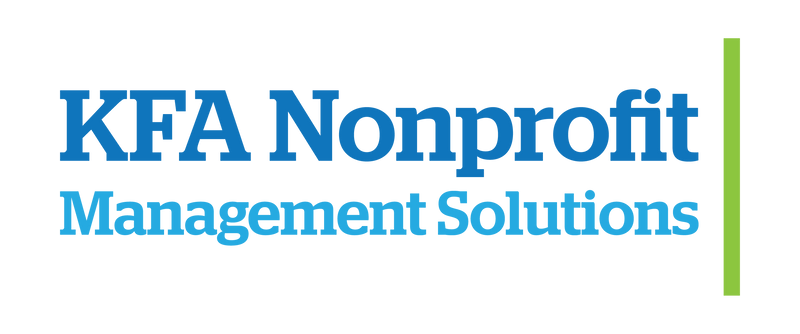
All types of writing – from novels to essays to blogs – use many of the same elements to capture readers’ attention. Grant writing is no different.
Your grant proposal’s narrative must be something the reviewer actually wants to read. It should be enjoyable and easy to absorb. It shouldn’t be a struggle to read your narrative.
- If it’s filled with $100 words and long, complex sentences, grant reviewers will get frustrated.
- If it contains lots of grammatical errors, your proposal and organization will be judged.
- If your narrative is a slog to read, grant reviewers will never see the merits of your project.
To make sure reviewers read your proposals, look to other types of writing for cues on how to craft a winning narrative.
Your narrative is a story
Yes, your grant proposal will include facts and figures, budget line items and academic references. But don’t get so caught up in the nitty gritty that you fail to tell the story behind your project.
Think of it like this: your grant narrative is the story of the people your project will help. Approach the narrative like a short story writer would. We don’t mean you should create a setting, plot and incorporate dialogue. Rather, personify the project using stories of real service recipients.
It doesn’t have to be long. A couple of sentences will put a face to the outcomes of your project and make your proposal feel less quantitative and more personal.
Short and sweet is best
It’s easy to get bogged down in the data, history and research when you’re passionate about a project. But take a cue from online content writers who know less is often more when you’re trying to make a point.
We’re not suggesting you omit key details or dumb down information. Instead, be deliberate and write exactly what you mean. This will keep your writing from becoming wordy and overly verbose, like this example.
At present, there is an animated, ongoing controversy among numerous anthropologists and other scholars who study the human condition: theories are being created and arguments are being conducted among them about what it means that so many young people—and older people, for that matter—who are monumentally attracted to stories and films about zombies.
This is the same information, said in 43 fewer words.
Scholars have competing hypotheses about zombie stories’ prevalence in modern pop culture.
Remember, longer does not make your argument stronger. In many cases, wordiness weakens your case.
Pro Tip: The Hemmingway Editor is a free tool that helps you improve the clarity of your writing.
Headlines and subheads improve readability
Newspaper journalists know that headlines help readers find information. The same approach works for your grant narrative.
Don’t be afraid to break up long blocks of text with subheads, even if it’s within the same section of the RFP requirements. Subheads will help grant reviewers locate information quickly without having to scan the entire narrative for facts or details.
Graphs and charts add interest
If the RFP and space allow, add graphs and charts to support your case. Nonfiction authors often present data in a visually appealing ways to keep the information interesting and easy to understand.
Additionally, breaking up text with visuals reduces fatigue for grant reviewers who may be reading hundreds of proposals in a single day. They will appreciate the opportunity to look at something other than words for a bit.
More tips for grant writing success
- Remember, big words don’t impress anyone. Don’t make reviewers break out their dictionaries.
- If you can’t determine how to punctuate a sentence, rewrite it. It’s probably too complex.
- Write in active voice as much as possible. The subject of the sentence should perform the action of the verb.
- Don’t bury the lead. Succinctly define your project early in the proposal so grant reviewers don’t have to search for what you intend to do.
- Avoid using “that” as much as possible. Some sentences require it, but many don’t. (“The children claimed that a cookie would help them focus on their homework,” vs. “The children claimed a cookie would help them focus on their homework.”)
There’s no shame in asking for help
A winning grant proposal requires you to incorporate many writing elements. You must tell a persuasive story while backing up the need with facts and figures. You also must explain how you plan to fix the problem and how you’ll prove you’ve impacted the outcome.
It’s not an easy task and can easily overwhelm inexperienced writers. If you need help, reach out today to discuss our grant writing service. We look forward to helping you craft a winning proposal so you can do more, better.
